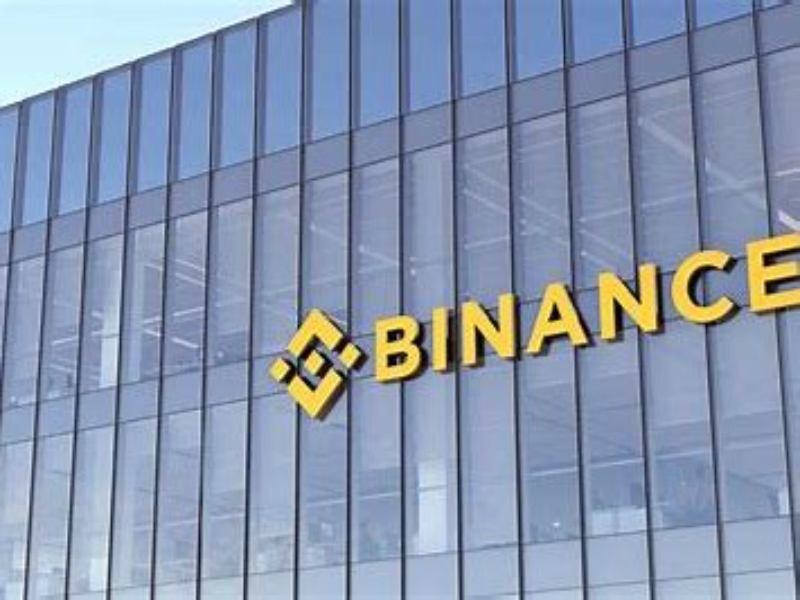- Binance executive Tigran Gambaryan’s money-laundering trial has been postponed to October 11 due to the judge’s vacation.
- Tigran Gambaryan’s health declines during incarceration, sparking international concern.
OUR TAKE
The Binance case highlights critical regulatory adherence needs in emerging markets, impacting investor trust and operational viability. It signals a global shift towards stricter crypto oversight, urging firms to enhance compliance and risk management to navigate evolving legal landscapes effectively.
–Vicky Wu, BTW reporter
What happened
Binance, the world’s leading cryptocurrency exchange, faces legal turmoil in Nigeria, with a court appearance slated for October 11 to challenge tax evasion accusations. Post a plea of not guilty, Justice Emeka Nwite adjourned the trial to facilitate an exhaustive evidence examination, aligning with his prolonged absence until late September.
Simultaneously, Binance executive Tigran Gambaryan has been incarcerated at the Kuje Correctional Centre since April, enduring nearly six months of detention. Gambaryan and Binance are battling five money laundering charges initiated by Nigeria’s Economic and Financial Crimes Commission (EFCC), centred on allegations of masking $35 million from unlawful crypto dealings. Both Gambaryan and Binance have staunchly declared their innocence.
Gambaryan’s health has emerged as a public concern, marked by pronounced weight loss and signs of debilitation. Reports detail struggles with malaria and pneumonia while in custody. However, Nigerian officials affirm Gambaryan’s health remains stable, refuting claims by his legal team, kin, and US legislators about his declining condition.
Binance’s attorney, Ayodele Omotilewa, has sought the court’s dismissal of all charges against the company. The Nigerian government’s case against Binance and its executives arises from purported non-registration with the Federal Inland Revenue Service (FIRS), leading to four tax evasion charges. Amidst this unfolding legal narrative, Binance’s Nigerian operations and Gambaryan’s wellbeing remain under close watch by stakeholders.
Also read: Binance founder Changpeng Zhao faces prison time in the US
Also read: Crypto exchange Binance moves to dismiss $12.8B London lawsuit
Why it’s important
The Binance episode in Nigeria underscores the paramount significance of abiding by regulatory stipulations in burgeoning markets. The firm’s legal quandaries, encompassing allegations of tax evasion and money laundering, cast shadows over its operational probity and could dissuade prospective investors. Moreover, the stringent measures enacted by the Nigerian government serve as a potent cautionary tale for other cryptocurrency enterprises. By establishing a precedent through its treatment of Binance, Nigeria’s regulatory posture intimates that digital asset companies must conform to domestic statutes or face comparable repercussions.
The ripple effects extend well beyond Binance, potentially shaping the regulatory terrain for cryptocurrencies on a global scale. As countries akin to Nigeria tighten their reins on unregulated digital currency ventures, the sector confronts mounting pressure to self-regulate or brace for governmental intervention. Such a scenario impels corporations to reassess their strategic blueprints and compliance protocols, ensuring congruence with maturing legal frameworks.
Additionally, the circumstances may instigate a reappraisal of risk management strategies amongst crypto firms conducting operations internationally. The apprehension and health predicaments of Tigran Gambaryan underscore the personal perils executives may encounter in regions with rigorous regulations, compelling entities to bolster their crisis response apparatus.

